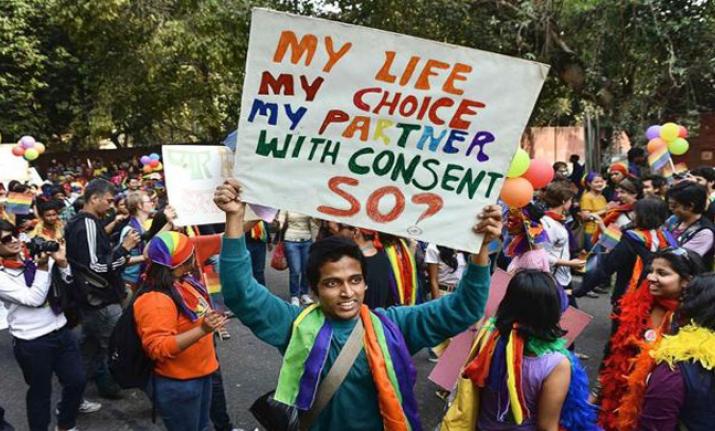New Delhi [India], Sep. 6,, Homosexuality is not a crime in India anymore, the Supreme Court ruled on Thursday in a historic decision.
The verdict overturns a 2013 judgement, which had upheld the 157-year-old colonial-era law, known as Section 377, under which certain sexual activities were categorised as “unnatural offence”.
A five-judge Constitution bench, headed by Chief Justice of India (CJI) Dipak Misra and comprising Justices D Y Chandrachud, Rohinton Fali Nariman, A M Khanwilkar and Indu Malhotra, issued the unanimous verdict on a bunch of petitions filed to scrap the law.
While pronouncing the decision, the CJI observed that the social morality cannot violate the rights of any individual.
“Right to Privacy is part of the right to life for the community of LGBTI. No one can escape from their individuality,” the CJI added.
The judges also observed that criminalising gay sex is “irrational and indefensible.”
Supporting same-sex relationships, Justice Rohinton Fali Nariman, said that the homosexuality is “not a mental disorder, which has also been recognised by the Parliament.”
He also urged the Centre to give wide publicity to the landmark judgement to eliminate the social stigma attached to the rainbow movement.
Known as Section 377 of the Indian Penal Code (IPC), the law criminalised homosexuality, punishable upto 10-year jail term.
The law punished “carnal inter¬course against the order of nature with any man, woman or animal” and thus had bigger implications for same-sex relationships.
The Delhi High Court, in 2009, decriminalised homosexuality. But in 2013, the Supreme Court restored the colonial-era law. Three years later, the top court agreed to hear the Section 377 petition once more.
Petitioners before the Supreme Court argued that the controversial law was not in tandem with a 2017 ruling that guaranteed the right to privacy to people.
—
- Sat. Apr 19th, 2025

